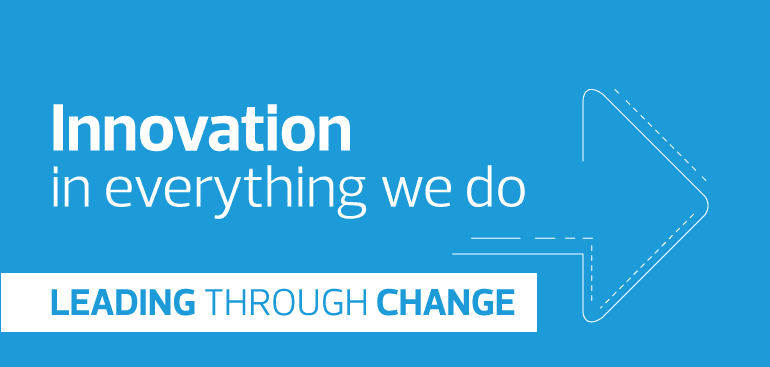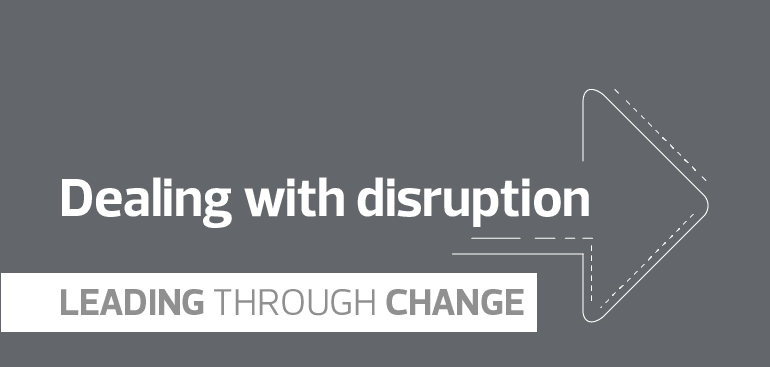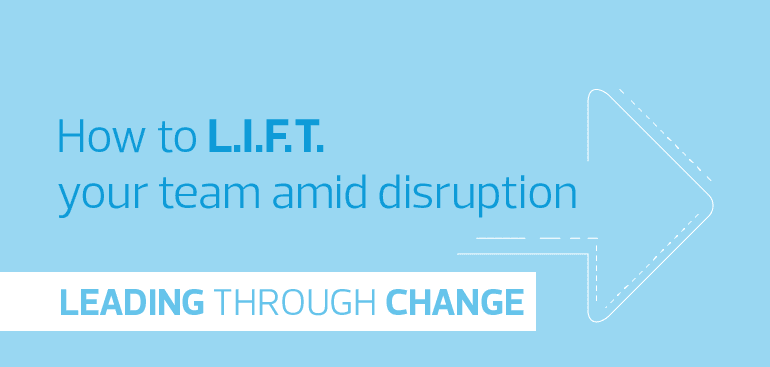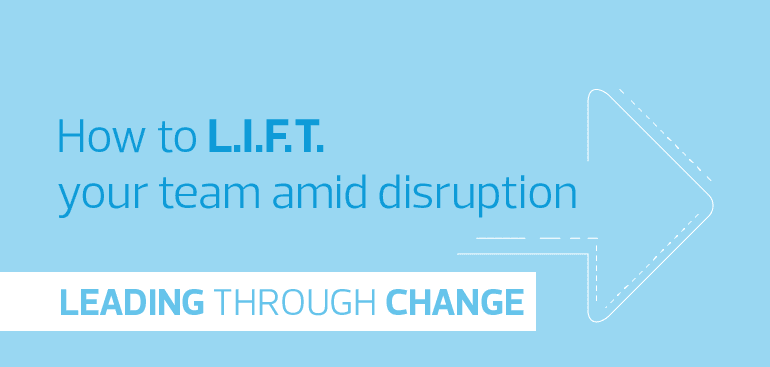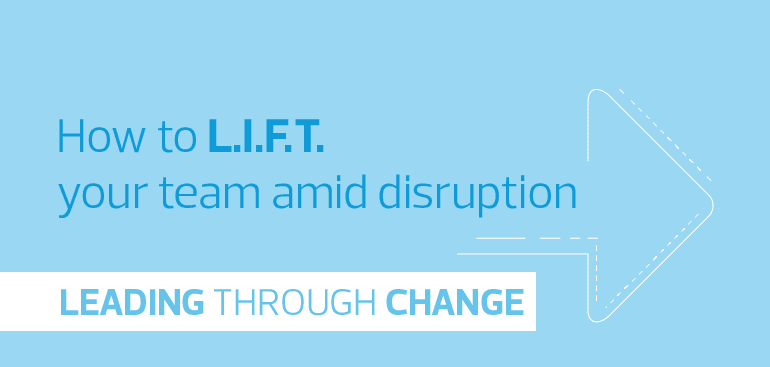Is the future really as unpredictable as we might believe? Perhaps not, says Minds at Work founder and thought leader, Jason Clarke, in this three-part webinar and article series for Leading through Change.
Today’s cutting edge technology was yesterday’s science fiction; in 1966 the original series of Star Trek featured smartphones and Bluetooth, the same year TV’s Batman had a car phone and GPS. Two years later the astronauts in the movie 2001 A Space Odyssey had access to Artificial Intelligence, Facetime and even iPads (which they used to ignore each other over meals) - these were elements of the future many of us were completely familiar with decades before we would see them in real life. The people who brought these ideas to life most likely enjoyed the same 1960s fantasies as the rest of us but had the brains and determination to make them happen.
Even our current global health crisis is not as random or unanticipated as our political leaders like to claim; not only have our virologists and epidemiologists been predicting this exact scenario in great detail for decades, history tells us we’ve been here before, many times.
Unpredictable? No. Unprecedented? Hardly. Unprepared for? Certainly.
Clearly, some people can see some of the future in some detail… but how? It probably helps to think of change as a series of waves that build and swell and break and scatter with their own particular rhythms and cycles – perhaps if we pay attention to their comings and goings we might see enough of a pattern that we can make some educated guesses to what’s next.
Surely that’s what any good analyst does – they watch the trends rise and fall to try and pick the which waves to catch and when. They are surfers of big change.
Of course, every business knows its own little cycle; boom and bust, bear and bull, peak periods and slow times. Like any farmer they watch the seasons and try to pick their moment to sew or harvest. But the little, familiar business cycles are mere ripples in the Great Ocean of Change and if we are ever to surf the really big waves we need to step away from ‘business as usual’ and see the whole ocean. So what waves should we be focusing on and which ones should we ignore?
Forget the small, fast waves
If you’ve been in business for more than a few years then you’ve already realised that the hot new management tool or leadership theory is more likely than not a slick rebadging of something we were using in the 1980s. Try not to get distracted by what’s probably just another fad, a mere ripple in the Great Ocean of Change.
Don’t wait for the small, slow waves
We may often look to our governments, institutions or even religions for leadership, even though they are notoriously conservative and change resistant. What change comes from these august bodies is painfully slow, hopelessly obsolete and rarely worth the wait.
Try to plan for big, fast waves
A global pandemic is a tsunami that packs a wallop and smashes everything in its path. It leaves an indelible mark on its particular moment of history but quickly moves on, as do we. Catastrophic events like earthquakes, volcanoes, nuclear meltdowns are hard for non-experts to predict so the serious change surfer has no choice but to hang on for the ride, as long as it lasts.
The Future is made from big, slow waves
We tend to think of technology as fast until we encounter a disaster; the global pandemic allows us to see technology not as a sudden, violent event but an inexorable, irresistible pressure, like a monster wave that won’t destroy a city but can alter the rotation of the earth.
Our human ingenuity and inventiveness has made technological innovation a powerful constant in our lives since the discovery of fire and that fact of history is as predictable as the tides themselves. We also know with a fair degree of certainty where our technology is heading: from single systems to collaborative networks, from programmed to self-taught, from dumb to smart.
Another massive swell gathering power out in the Great Ocean of Change is demographics. We know our planet’s populations are moving from young to old, rural to urban. Another big, slow monster wave is our use of energy, moving inevitably from fuels that we can burn to forces that we farm.
And behind these waves is perhaps the biggest one of all; the one that takes us from an economic belief system that thinks of money as the ‘real world’ to the realisation that the key to a robust economy is a healthy and equitable society and the key to that is a healthy and sustainable planet.
That maybe the most striking discovery of our current quarantine; when our populations are unable to socialise our national economies grind to a halt… while the planet has never looked healthier.
Earlier generations were raised to see the future as a place worth living in – from the post war period to the late 1960s we looked forward to a world free of poverty, disease and war. Then sometime in the mid-1970s the future became dark and dangerous and today’s generation have learned to dread the future; our popular culture has shifted from the promise of Star Trek and 2001 to a broken, post-apocalyptic dystopia. We’ve learned to fear the future… so we don’t think about it… so we don’t understand it… so we think it is beyond our comprehension. So we fear it.
But if we have the courage to break this cycle, we can embrace and understand the future enough to understand it and maybe even surf it.
Astronauts define fear as the realisation that you have not decided what you are going to do in a situation that you have not planned for. So they think through all the possible outcomes of any particular situation and develop a plan for each – armed with Plan A, Plan B, Plan C etc. they stop worrying about what will happen next because they know what to do when it does.
Perhaps we cannot literally predict the future. But we can project it, which is almost as good.


